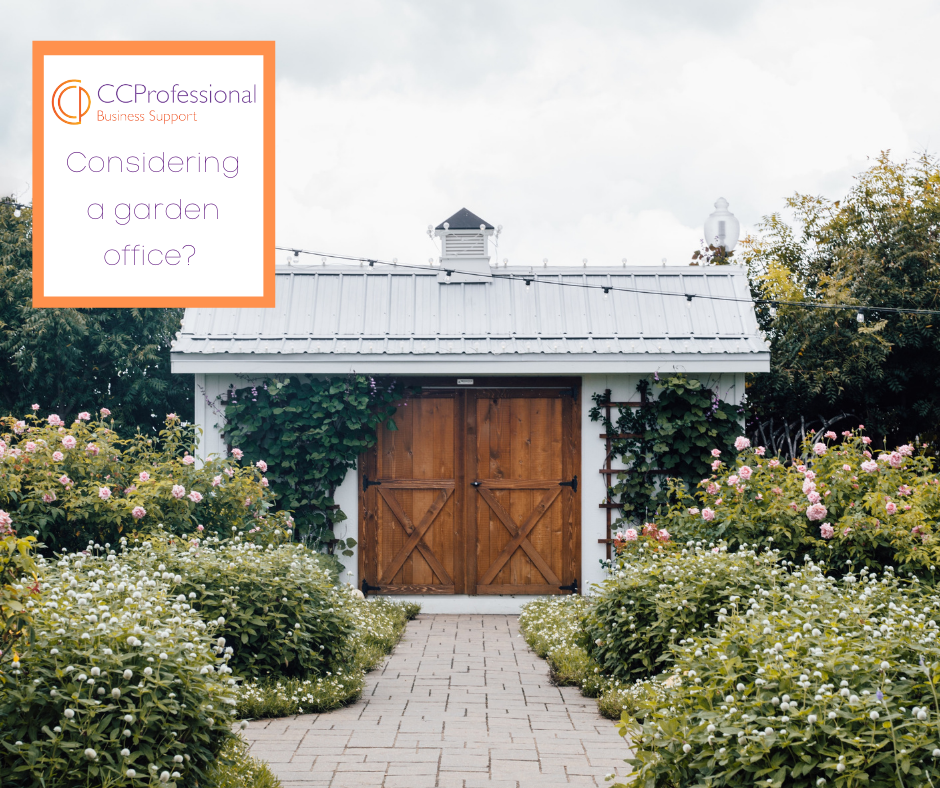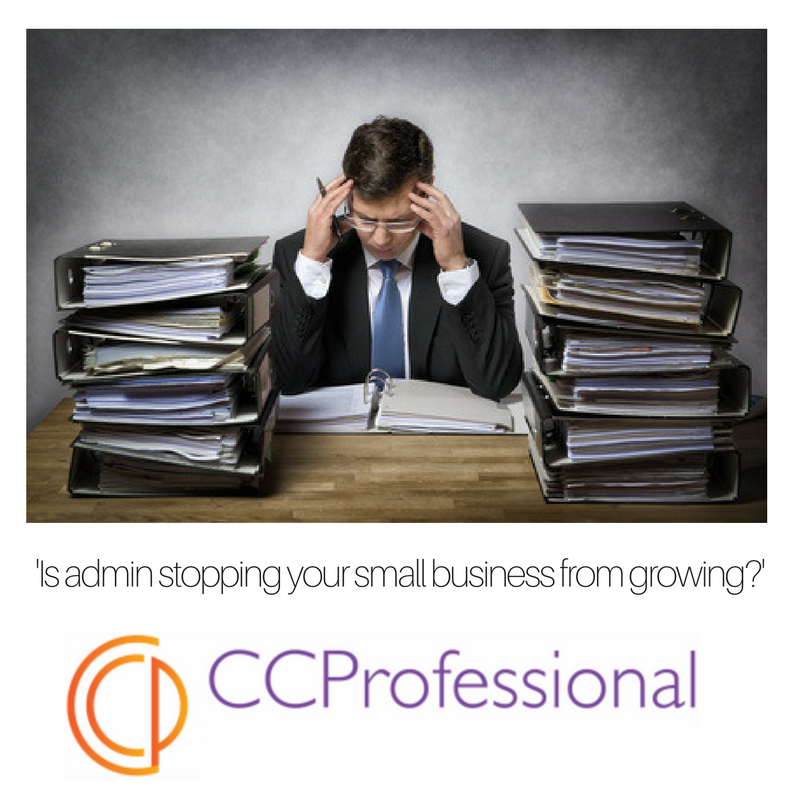If you are new to the world of self assessment tax returns, why not start off gently? You’ll need to register first and apply for your Unique Tax Reference (UTR), which can take a few days to come through – you can do that here. If you are already registered for Self-Assessment, don’t forget that you’ll need to find your UTR number for your tax return, so give yourself plenty of time to locate it (or request another if it’s been misplaced!).
The next thing to do is to try and keep accurate records of your income and allowable outgoings as you go along (find out more about allowable expenses here. If you have a business bank account – which I highly recommend – this is generally a little easier to do as your income and outgoings will all be going into/coming out of the same place! Just remember that not all outgoings are considered allowable expenses, so make sure that you are only counting appropriate expenses as ‘outgoings’.
Allowable expenses ...
In terms of your ‘Allowable expenses’, it’s well worth keeping all of your receipts and invoices in one central location. Some accountancy software (i.e. Xero) has in-built functionality for inputting receipts and storing them on the platform. Other tools, like receipt bank allow you to take photos of receipts and store a digital version on a secure server – much easier than the box of paper receipts that you might have in your office!
Get ahead of the game!
My next top tip is – don’t leave it until the last minute! You can submit your 2020/2021 tax return from the start of the 2021/2022 tax year (from mid-April 2021), right the way up to the deadline of the 31 January 2022. Getting it out the way early can help you establish exactly how much Tax/National Insurance you owe and enable to you ensure that it’s set aside ready for payment. Ideally, it’s worth keeping some money aside from the money that comes into your business every month to keep for tax purposes (and for unexpected bills) – how much entirely depends on your income level, and how far above the annual ‘tax free’ personal allowance (which in 2020-2021 was £12,500, though this can vary a little depending on your unique circumstances – contact your accountant and/or HMRC if you are unsure).
Yes, it may seem early to be thinking about your 2020/21 tax return, but with a little organisation and planning now, you could get everything ready up front, so that you’ve not got hours of work to do later in the year! Your Accountant will thank you too! Why not get cracking on your monthly income and expenditure report (and relevant receipts!) now, and take a look at the HMRC guides to ensure you’ve got all the relevant information you’ll need to submit your tax return – you can find the library of guides here:
Speak to the experts
Finally, if you are struggling with your tax return, or have additional considerations that make filling it in yourself a challenge, seek advice from a professional! Whether you speak to an accountant or bookkeeper, seek expert advice to ensure that you do everything ‘by the book’ and aren’t at risk of a penalty for providing inaccurate information on your tax return.




 RSS Feed
RSS Feed
